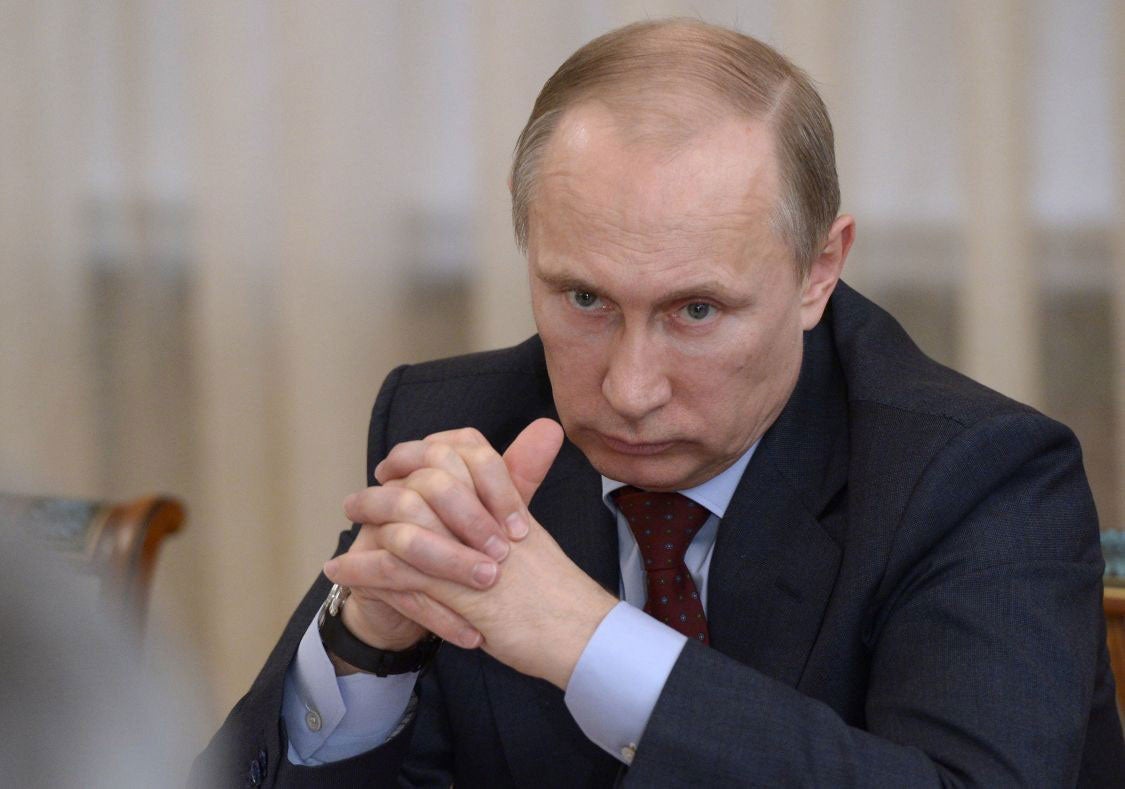Putin: The internet is a CIA project
The Kremlin is seeking to increase its control over the internet

Your support helps us to tell the story
From reproductive rights to climate change to Big Tech, The Independent is on the ground when the story is developing. Whether it's investigating the financials of Elon Musk's pro-Trump PAC or producing our latest documentary, 'The A Word', which shines a light on the American women fighting for reproductive rights, we know how important it is to parse out the facts from the messaging.
At such a critical moment in US history, we need reporters on the ground. Your donation allows us to keep sending journalists to speak to both sides of the story.
The Independent is trusted by Americans across the entire political spectrum. And unlike many other quality news outlets, we choose not to lock Americans out of our reporting and analysis with paywalls. We believe quality journalism should be available to everyone, paid for by those who can afford it.
Your support makes all the difference.Not content with eying up the physical land surrounding Russia, Vladimir Putin is now seeking to draw a net around the internet, which he this week labelled a "CIA project".
The Kremlin has been anxious to exert greater control over the web recently, which activists who oppose it (now barred from national television) have used to organise protests and spread their ideas.
The Russian parliament recently passed a law requiring social media websites to keep their servers in Russia and store all information about their users for a minimum of six months.
VKontakte meanwhile, Russia's largest social network, is now under the control of businessmen close to Putin.
The president said at a media forum in St. Petersburg this week that the internet was originally a "CIA project" and "is still developing as such".
Putin added that Russia needs to "fight for its interests" online.
It has been a rocky week for the internet one way or another, with the FCC now reportedly mulling over a 'two-speed internet' that would allow companies to pay for faster access to their websites and services, potentially compromising net neutrality.
Join our commenting forum
Join thought-provoking conversations, follow other Independent readers and see their replies
Comments